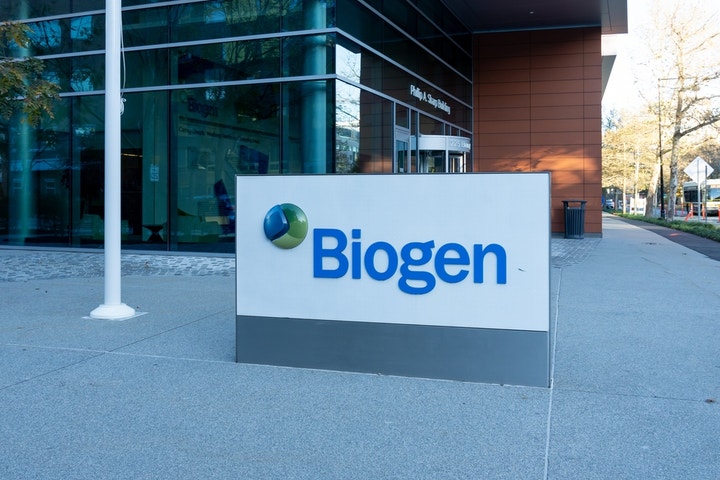Chris Viehbacher, CEO of Biogen Inc., stated that a successful clinical trial for Novo Nordisk A/S’s weight-loss drug could enhance the prospects for Alzheimer’s treatments rather than pose a threat to his company’s existing therapies. In a recent interview with Bloomberg News, he drew parallels between the future of Alzheimer’s treatment and other complex diseases, which often require multiple medications working through various mechanisms.
Vihebacher indicated that, should the trial results for Novo Nordisk’s semaglutide be favorable, there may be potential for Biogen to test its Alzheimer’s drug, Leqembi, alongside Novo’s therapy. He acknowledged that while combining therapies could yield stronger results, the timeline for Alzheimer’s studies is lengthy and may present challenges for timely research.
Clinical Trials and Potential Benefits
Novo Nordisk is currently conducting clinical trials to investigate whether semaglutide, the active ingredient in its diabetes medication Ozempic and the weight-loss injection Wegovy, holds promise for patients with early Alzheimer’s disease. Preliminary research suggests that semaglutide may slow disease progression by mitigating inflammation and enhancing vascular health. Results from this late-stage study are anticipated later in 2024.
Viehbacher recognized that obesity is a known risk factor for Alzheimer’s, yet he characterized Novo’s approach as “a fairly risky proposition.” He noted that many experts express skepticism regarding the drug’s effectiveness in treating Alzheimer’s.
Meanwhile, semaglutide has already demonstrated benefits for individuals with obesity-related heart failure with preserved ejection fraction (HFpEF), improving symptoms and exercise capacity. In March 2024, Wegovy received approval from the Food and Drug Administration (FDA) for expanded use, marking a significant advancement in preventive health strategies aimed at substantially reducing major adverse cardiovascular events, including cardiovascular death, heart attacks, and strokes.
Broader Implications and Future Developments
In December 2024, Eli Lilly and Co. received FDA approval for its weight-loss drug Zepbound, which is designed to treat sleep apnea. This trend reflects a growing recognition of the importance of addressing weight-related health issues as part of a comprehensive strategy to tackle chronic diseases.
The evolving landscape of Alzheimer’s treatment, particularly with the potential integration of Novo Nordisk’s therapies, emphasizes the need for innovative approaches in tackling complex health challenges. As research progresses, the collaboration between companies like Biogen and Novo Nordisk could pave the way for more effective treatment options that address the multifaceted nature of Alzheimer’s disease and its associated risk factors.
